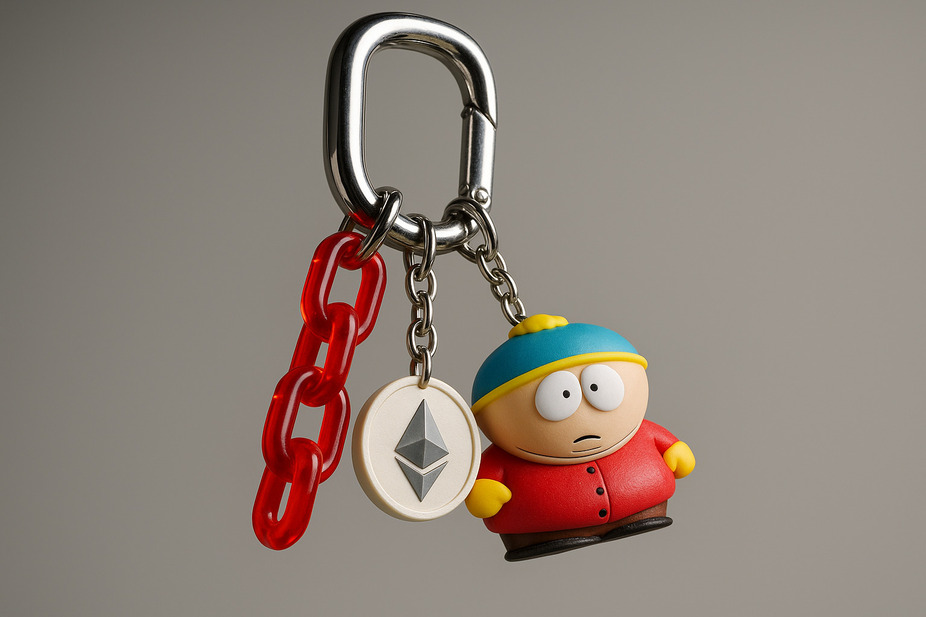What’s happening with crypto rules in Vietnam in 2025?

Vietnam’s approach to crypto rules in 2025 is a careful step forward from how strict things used to be. The country now officially recognizes cryptocurrencies as legitimate digital assets or tokens. However, they’re still keeping a very tight lid on stablecoins that are tied to regular money (like the US dollar), making it illegal to issue them. They really want to make sure the market is safe and clear, but this cautiousness might actually slow down how much crypto can grow there.
In September 2025, the Vietnamese government kicked off a five-year trial program to get a better handle on digital currency usage. The rules state that only Vietnamese companies can create these digital assets, and they must be backed by actual, physical assets, not just regular money or stocks. Every transaction has to use Vietnamese Dong, and if you break these rules, expect some pretty big fines. This cautious approach shows the government wants to encourage new ideas while keeping risks in check, making sure the market grows in a controlled way.
Why is Vietnam a big deal for crypto in the region?
In the 2025 Chainalysis Global Crypto Adoption Index, Vietnam is actually number four globally, which really cements its spot as a major player in Southeast Asia’s blockchain world. A big reason for this is its young, tech-savvy population, with more than 20% already owning some form of digital currency. You can clearly see the rising interest in crypto with more and more transactions happening and a thriving community getting involved.
Compared to its neighbors like Singapore and the Philippines, Vietnam’s rules are definitely tighter. This might slow down big financial institutions from getting involved, even though regular people are super interested. Singapore, for example, has much looser rules for stablecoins and other crypto assets, which helps their official crypto market grow faster. Vietnam’s strict controls might slow things down, but people are still actively trading stablecoins and other cryptocurrencies informally through direct (P2P) exchanges and platforms like Binance P2P. This clearly shows a huge appetite for these digital assets.
How is NDAChain fitting into Vietnam’s crypto scene?
NDAChain, which started up in July 2025, is a major step forward for Vietnam’s digital systems and its efforts to follow rules. This government-backed blockchain platform is built to handle an incredible 3,600 transactions every second, and it comes with an app called NDAKey designed to stop scams and identity theft in the digital world.
NDAChain is meant to fit right into Vietnam’s regulatory system, especially with the new Digital Technology Industry Law that legally recognizes cryptocurrencies and protects digital asset owners. By providing a safe space for legal digital asset trades and checking identities, NDAChain is expected to spark new ideas in fintech. Plus, it makes data safer and encourages big companies to work together, helping startups figure out the rules.
What does expected credit growth mean for small businesses and crypto?
Vietnam’s central bank expects a big 20% jump in credit growth for 2025. This could really push small and medium-sized businesses (SMEs) to adopt crypto. This means better access to money, helping them go digital and use crypto for things like payments, getting loans, and managing their supply chains.
On top of that, the government’s push for blockchain and crypto through trial programs and helpful rules is creating a good environment for SMEs to get involved. With so many people already comfortable using crypto for payments, SMEs could save money on transaction fees and reach more customers. However, they’ll still need to deal with challenges like unclear rules, wild price swings, and security risks to make crypto a stable part of their business.
What can other developing countries learn from Vietnam’s approach?
Vietnam’s way of setting up crypto rules gives some really smart lessons for other developing countries trying to figure things out:
- Gradual rules: Starting with trial programs lets governments test new rules and tweak them as they see how the market reacts and what risks pop up. This can help prevent problems while still encouraging new ideas.
- Clear legal terms: Clearly defining what digital assets are can stop people from bending the rules or money from flowing out of the country, making the investment scene more stable.
- Tough licensing & rules: Making companies meet high financial requirements and limiting who can own what helps keep the market steady and cuts down on illegal activities.
- Balancing new ideas and risks: You need to encourage innovation, but also strictly enforce rules against money laundering (AML), protect against cyber threats, and keep investors safe. That’s key for long-term growth.
- Avoiding confusing rules: When all the different regulatory bodies work together, you avoid conflicting policies. This creates a much more predictable environment for businesses.
So, Vietnam’s careful but forward-looking way of handling crypto rules, along with how many people are adopting it and cool projects like NDAChain, really sets it up as a potential blueprint for other developing countries. By tackling the tricky regulatory stuff and creating a helpful atmosphere, Vietnam is working to build a strong and lasting crypto world.












